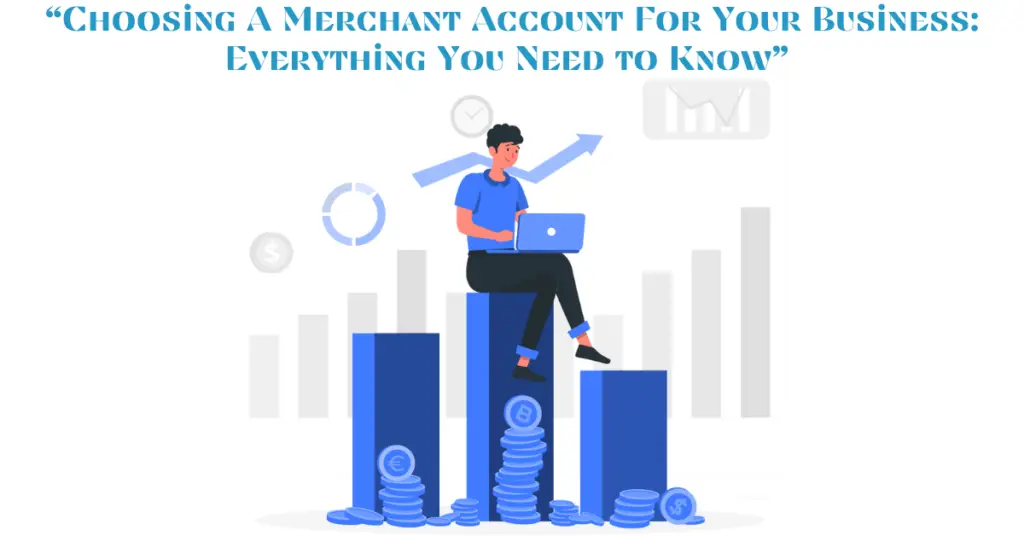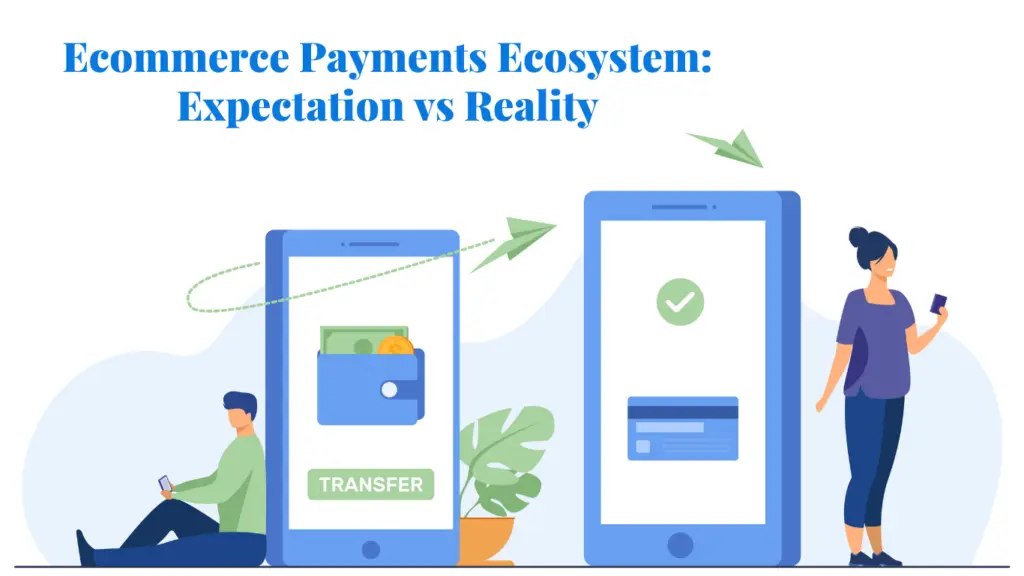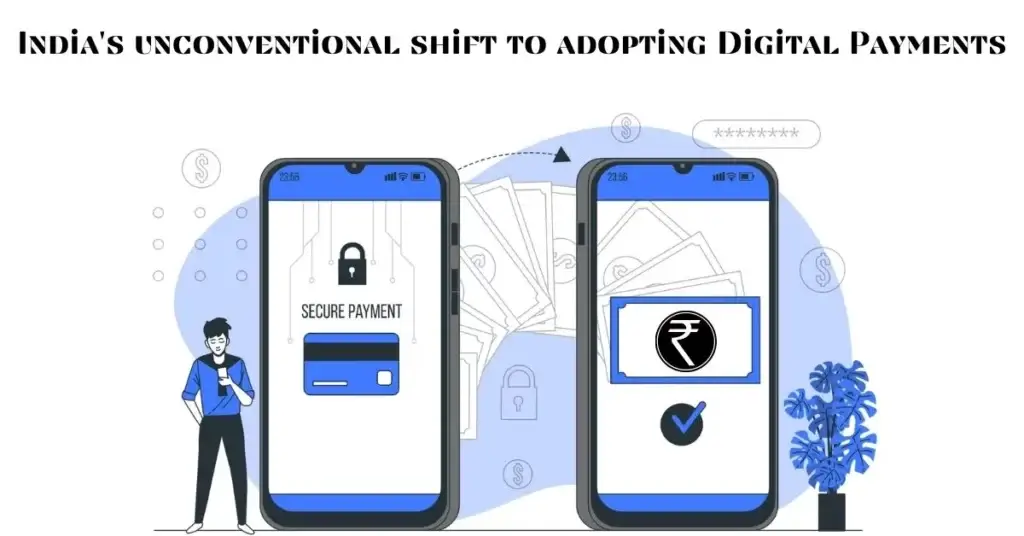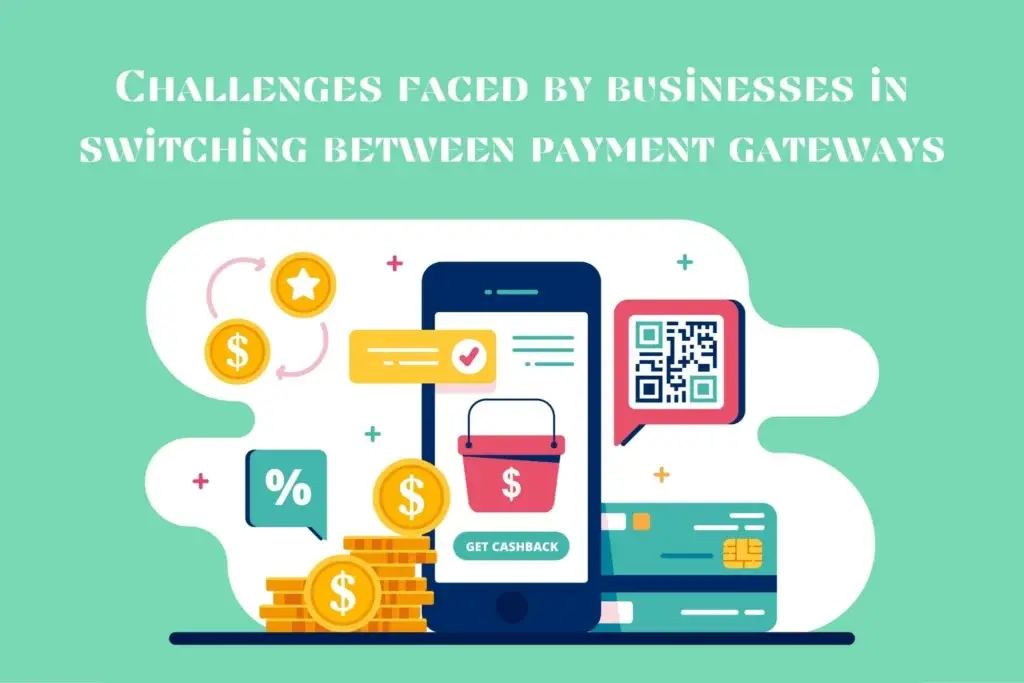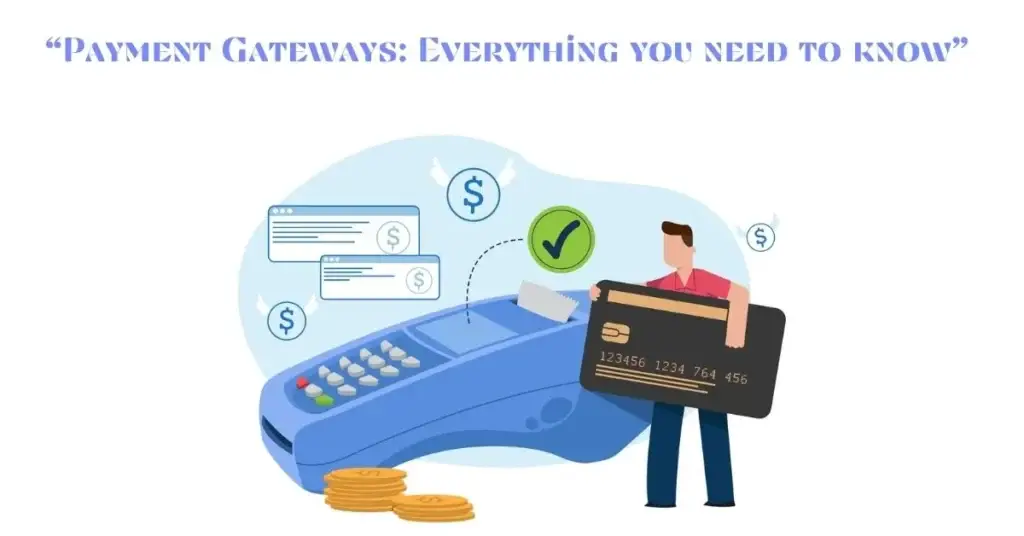When you are a business owner, it is essential for you to know the in and out of everything that goes into running a business with zeal. Curating a convenient, hassle-free checkout process for your customers should top the list of priorities of all business owners. A lot of effort goes into bringing a prospect to the POS, and a thing any business owner does not want is for a consumer to not purchase his/her products due to a pesky and not-so user-friendly checkout process. This is when merchant service providers save the day.
A merchant account service provider allows businesspersons to accept credit and debit card payments online as well as manually. There are a plethora of service providers available in the market. Choosing the best service for your business may seem a little overwhelming. Choosing the right merchant service provider is tougher than it looks. If you want something that is optimized for the requirements and demands of your business, you will have to conduct some prior research. When you compare and contrast between different services, you are able the choose the best-suited service that is streamlined just for the sake of your business.
The payment settlement is crucial for every business out there. If you wish to accept the payment via credit or debit cards online or in person, it is essential for you to have a merchant account. This is usually done through a merchant account provider. It is the most fundamental component when starting a business. Even after being fundamental, it can be more difficult than expected to choose the right service provider and make sure that your application is approved. Let us go through the vitalities of this topic and try to understand the a-z of merchant accounts.
What is a merchant account?
It is interesting to note that a merchant account is entirely different from an account you set up in the name of your business. Now that you know that a merchant account differs from a business account, let us understand the technicalities of a merchant account. It is a kind of bank account that enables a business owner to accept payments via credit and debit cards. It establishes a relationship between a business owner and the chosen merchant service provider. Interestingly, a merchant account is only a space that holds money temporarily.
When you have a merchant account, it will act as temporary storage for all your settled debit and credit card payments. The bank of the cardholder sends the payment right after the transaction to the merchant account. The funds are then deposited to the business account of your choice. A lot of people think that a merchant account and a business account are synonymous. That is far from reality. As a business owner, you must know that your merchant account isn’t your primary business account. Also, these two accounts cannot be merged in any case. Additionally, before you apply for a merchant account, you are required to have a business account.
Merchant accounts are a mutual domain for all the stakeholders present in the process of a transaction. In these domains, transactions are held and respective charges are taken by all the stakeholders. This substantially reduces the risk for the entities involved in the process. The duration of the fund transfer will either depend on you or the service provider. It may get processed in a couple of days as well as anywhere between a week. Dealing with a merchant account safeguards your business from potential losses and ensures the safety of transactions.
How to procure a merchant account?
The process of procuring a merchant account may seem a little tedious but the account will prove beneficial to you in the long run. With proper preparation and timely awareness, you can make this tedious process a little bit easy and bearable. Typically, there are two avenues that could help you acquire a merchant account:
- Banks
- Merchant service providers
You are required to possess a number of assets to set up a merchant account. However, if you have a pre-existing account with a bank, they may spare you of these requirements. Banks generally collaborate with third-party providers. When setting up an account, gather sufficient information regarding their collaborator and conduct special research on that provider. Some providers may ask for additional charges. You can finalize a bank and a provider that cover all your needs and offer you value for money.
Parameters for choosing the best service provider
The following parameters should be kept in mind when choosing the best service provider for your business. Do not jump to the first service provider you shake hands with. Read on.
- Customer testimonials: Customer reviews are generally honest and say a lot about an entity. This is the age of the internet. People are not scared of expressing their views on the internet. When looking for a provider, look for the reviews of the customers who have entailed their service. Go for a provider that has the most positive reviews.
- Compare the charges: Always compare the charges of the service providers you have shortlisted. Look for the services they are covering under the charges. Choose a provider that offers a maximum number of services on a reasonable budget. You definitely do not want a provider that charges you extensively and provides very little cover. The service should be feasible and reasonable.
- A dynamic customer service: After-sales service is an important parameter to consider. Everyone is good till the services are sold. But what if an issue arises after the services have been bought? In such cases, you must choose a service provider that is prompt in helping you out whenever an issue arises after the purchase is made.
Conclusion
Now that you have understood the nook and crannies of what merchant accounts are and how they work, it is time you set up one for your business. Safeguarding your business is the best investment you could make. A merchant account provides you with stability and protection against fraud. Get the safest payment gateway in no time, visit Payomatix

